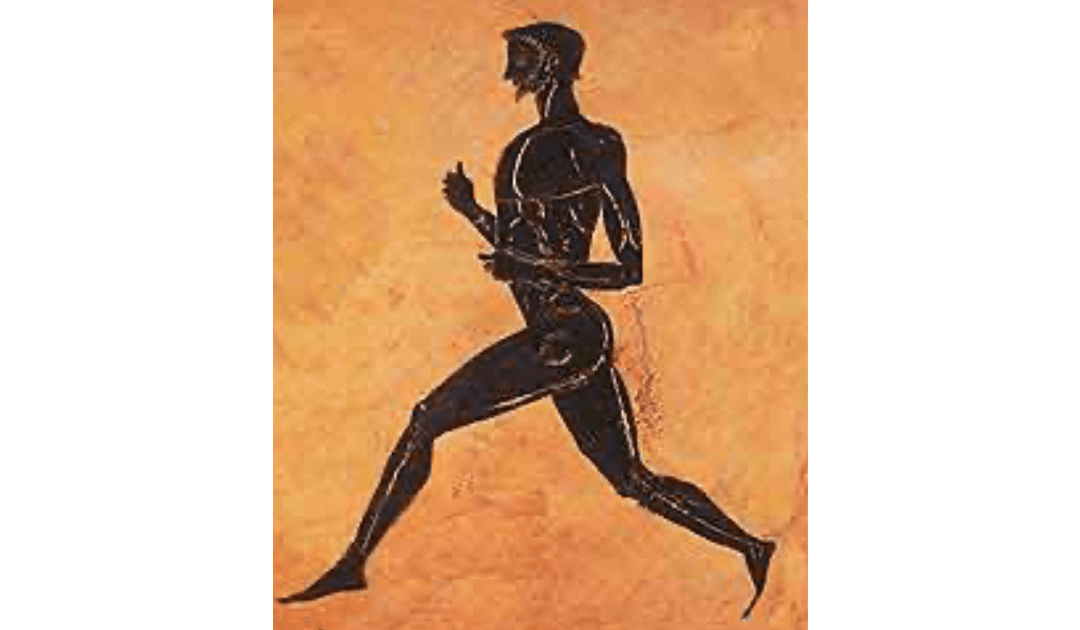According to onthisday,com the Battle of Marathon was fought on 12th September 490 BC. Wikipedia has it as 10th September. Either way, the Battle of Marathon is a defining moment in ancient history. The battle not only showcased the bravery and military prowess of the Greek forces but also marked a significant turning point in the Greco-Persian Wars. The Battle of Marathon serves as a testament to the power of strategic planning, disciplined warfare, and the indomitable spirit of the Greek city-states.
The Greco-Persian Wars were a series of conflicts between the Persian Empire, led by King Darius I, and the Greek city-states. The Persian Empire sought to expand its dominion, and the Ionian Revolt provided an opportunity to assert its authority over the Greek states. In response, Athens and Eretria supported the Ionian rebels, leading to Persian retaliation. The Battle of Marathon emerged as a crucial event during the first Persian invasion of Greece.
The Persian army, led by Datis and Artaphernes, landed at Marathon, northeast of Athens. Despite being heavily outnumbered, the Greek forces, predominantly comprised of Athenians, marched to engage the Persians. Under the leadership of the Athenian general Miltiades, the Greek forces devised a brilliant strategy to counter the Persian threat. Recognising the Persian’s numerical advantage, Miltiades employed a bold plan, ordering a swift assault on the Persian center, aiming to break their lines and prevent them from utilising their superior numbers effectively. This strategy relied on the Greek hoplite soldiers’ superior armour, discipline, and phalanx formations. The Athenians formed a cohesive phalanx, advancing with disciplined precision. The Greeks, utilising their long spears and heavy armour, managed to break the Persian center and pushed them back towards their ships.
The Battle of Marathon concluded with a resounding victory for the Greeks. Despite facing a Persian force estimated to be ten times their size, the Greek army demonstrated their military acumen and unwavering courage. The Persians suffered heavy losses, while the Greeks achieved a remarkable triumph, showcasing the power of strategic planning, disciplined warfare, and the valour of their soldiers.
Perhaps the thing we remember most about the Battle of Marathon is Pheidippides’s epic run from Marathon to Athens with the news of the victory. Marathon to Athens is around 21 miles. That might not seem outstanding, but he had run around 300 miles in the preceding four days.

